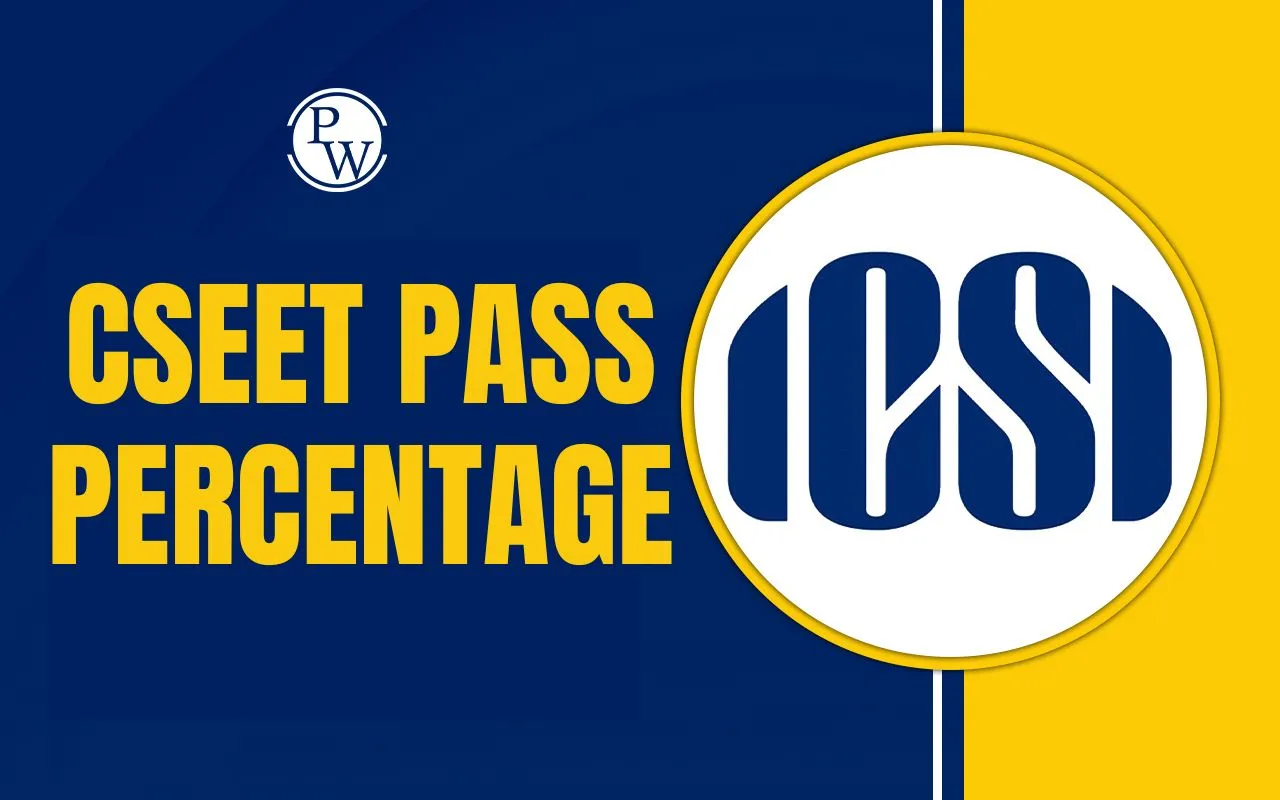
Delisting of equity shares: The SEBI (Delisting of Equity Shares) Regulations, 2021, were introduced on June 10, 2021. These new regulations are similar to the SEBI (Delisting of Equity Shares) Regulations, 2009, but they include specific changes to make the delisting process more efficient and precise.
The critical updates in the 2021 regulations focus on refining the steps and requirements for voluntary delisting offers, ensuring a smoother and more streamlined process for companies and investors involved in delisting equity shares. The article will discuss the delisting of equity shares in detail.Delisting Equity Shares Meaning
"Delisting" means permanently removing a company's equity shares from selling and buying on a recognised stock exchange. This can happen voluntarily or compulsorily. The "delisting period" is the time from the initial public announcement to the date shareholders receive payment for their accepted shares in the reverse book-building process or when shares are returned if the delisting offer fails.Conditions For Delisting Equity Shares
The regulations for delisting equity shares apply to all companies, including those with shares with superior voting rights, from any recognized stock exchange where the shares are listed. The essential conditions and restrictions for delisting are:- A company cannot request delisting; a recognized stock exchange cannot allow delisting unless the equity shares have been listed on any recognized stock exchange for at least three years.
- Delisting cannot occur immediately following a buyback of equity shares. A six-month period must elapse after the completion of such a buyback, including buybacks resulting from the consolidation or division of equity share capital.
- Delisting cannot occur immediately following a preferential allotment of equity shares. A six-month period must elapse from the date of such an allotment.
- An acquirer is prohibited from proposing the delisting of a company's equity shares if the acquirer has sold equity shares of the company during the six-month period before the date of the initial public announcement of the delisting proposal.
Reasons Why Companies Delist Their Shares
Companies delist their shares for several reasons:- If a company merges with or is bought by another, its shares might be delisted. Shareholders could receive new company shares or cash.
- Companies not meeting stock exchange rules, like financial reporting or minimum market value, can be delisted.
- Companies in financial distress may delist to avoid scrutiny and to have more flexibility in managing their debt.
- Some companies delist to go private or to focus on long-term goals without worrying about short-term market pressures.
The Process of Delisting Equity Shares
The delisting process works in a simple way, and the details are mentioned below:- Notification: The company informs the stock exchange and shareholders about its decision to delist shares, stating reasons, dates, and sale procedures.
- Trading Halt: Trading may pause to let shareholders decide on their investments. It could be suspended if listing rules aren't met.
- Approval: Stock exchange and regulators like the SEC review compliance and share info with shareholders.
- Implementation: Once approved, the shares are removed from the exchange, ending trading there.
What Are The Types of Delisting?
The delisting of shares is of two types and is mentioned below in detail: Voluntary Delisting of Shares: Voluntary delisting happens when a company chooses to remove its shares from the stock exchange on its own accord. There are various reasons for this decision, including:- Companies may delist their shares to restructure their operations or business model as part of a larger strategy.
- Maintaining a listing on a stock exchange involves significant costs. By delisting, a company can reduce these expenses.
- Some companies choose to go private, eliminating the need to disclose financial information publicly and allowing for greater operational flexibility.
- Stock exchanges have specific requirements regarding financial reporting, minimum share price, and market capitalization. Companies that fail to meet these criteria may be delisted.
- A company can be involuntarily delisted if it breaks the stock exchange's rules or regulations. This ensures only companies that follow high standards of transparency and compliance stay listed.
What Are the Effects of Delisting the Equity of Shares?
Various effects are to be faced while delisting the equity of shares. Some are mentioned below in points- Loss of Liquidity: Shares are more challenging to sell quickly after delisting because they're no longer traded on the stock exchange.
- Impact on Stock Prices: Delisting can lead to lower stock prices because fewer people want to buy shares.
- Limited Access to Information: Shareholders may struggle to get updated company details after delisting, making judging their shares' worth challenging.
- Rights and Options of Shareholders: When shares are delisted, shareholders can sell them, keep them, join a buyback offer, or participate in a reverse merger.
Strategies to Deal with Delisted Shares
Here are ways to handle shares of delisted companies:- Sell the Shares: You can sell your shares before they stop trading to avoid problems like low trading activity and falling prices.
- Keep the Shares: Holding onto your shares might let you gain if their value increases later.
- Tender Offer: The company might offer to buy back your shares at a higher price, giving you a chance to sell for more.
- Reverse Merger : A private company buying a public one might mean you get shares in the new company instead.
Can Companies Relist the Equity Shares?
Companies can relist their shares, but they need SEBI approval and follow specific rules.- For voluntary delisting, companies must wait at least five years before they can relist.
- For compulsory delisting, the waiting period is ten years before relisting is allowed.
Delisting Equity Shares FAQ
What happens when delisting fails?
If the minimum limit of share buybacks is not met, the company will continue to be listed on stock exchanges.
What happens to the shareholders if the stock is delisted?
Once the stock is delisted, stockholders still hold the stock.
Can delisted shares be transferred?
To close an account with delisted shares, they must be transferred to a different demat account using DIS or CDSL most accessible if the ISIN is active.
What is the tax on delisted shares?
A 15 % short-term capital tax is applicable.
🔥 Trending Blogs
Talk to a counsellorHave doubts? Our support team will be happy to assist you!

Free Learning Resources
PW Books
Notes (Class 10-12)
PW Study Materials
Notes (Class 6-9)
Ncert Solutions
Govt Exams
Class 6th to 12th Online Courses
Govt Job Exams Courses
UPSC Coaching
Defence Exam Coaching
Gate Exam Coaching
Other Exams
Know about Physics Wallah
Physics Wallah is an Indian edtech platform that provides accessible & comprehensive learning experiences to students from Class 6th to postgraduate level. We also provide extensive NCERT solutions, sample paper, NEET, JEE Mains, BITSAT previous year papers & more such resources to students. Physics Wallah also caters to over 3.5 million registered students and over 78 lakh+ Youtube subscribers with 4.8 rating on its app.
We Stand Out because
We provide students with intensive courses with India’s qualified & experienced faculties & mentors. PW strives to make the learning experience comprehensive and accessible for students of all sections of society. We believe in empowering every single student who couldn't dream of a good career in engineering and medical field earlier.
Our Key Focus Areas
Physics Wallah's main focus is to make the learning experience as economical as possible for all students. With our affordable courses like Lakshya, Udaan and Arjuna and many others, we have been able to provide a platform for lakhs of aspirants. From providing Chemistry, Maths, Physics formula to giving e-books of eminent authors like RD Sharma, RS Aggarwal and Lakhmir Singh, PW focuses on every single student's need for preparation.
What Makes Us Different
Physics Wallah strives to develop a comprehensive pedagogical structure for students, where they get a state-of-the-art learning experience with study material and resources. Apart from catering students preparing for JEE Mains and NEET, PW also provides study material for each state board like Uttar Pradesh, Bihar, and others
Copyright © 2026 Physicswallah Limited All rights reserved.









